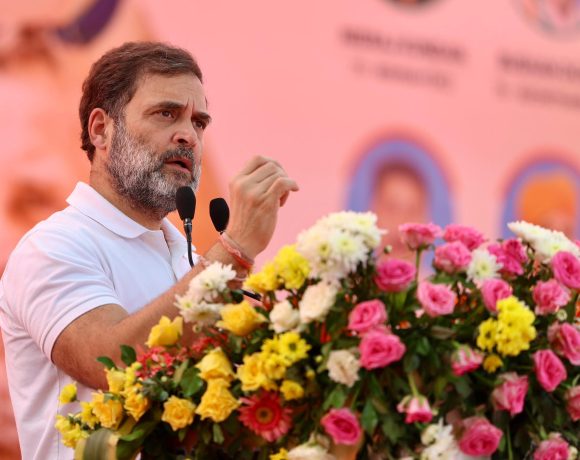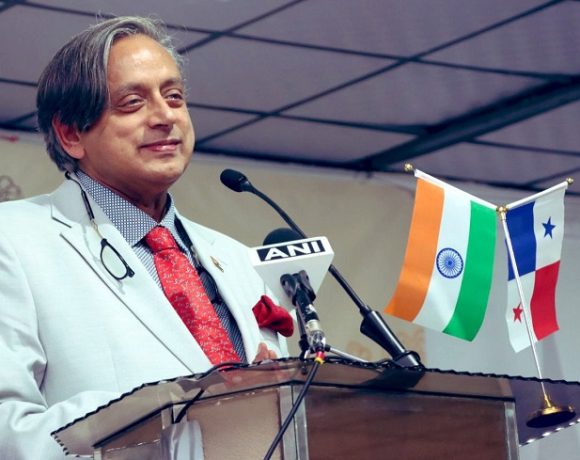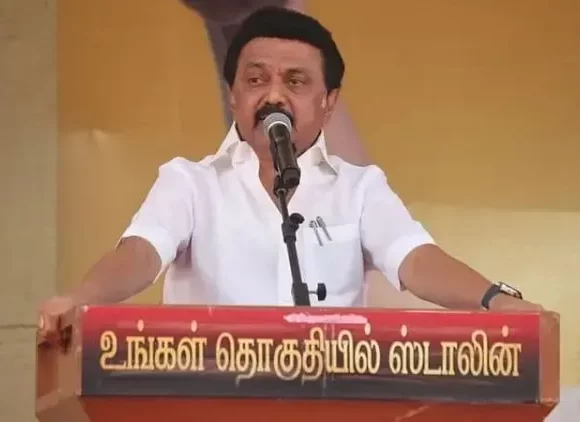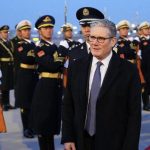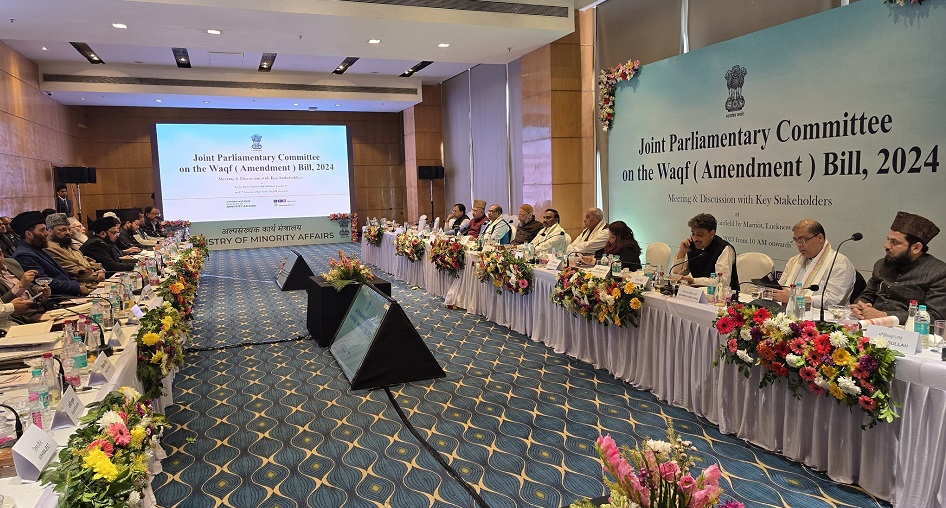
10 Opposition MPs Suspended Over Ruckus in Waqf Board JPC Meeting
In a significant parliamentary development, ten opposition Members of Parliament (MPs) have been suspended for their disruptive behavior during a Joint Parliamentary Committee (JPC) meeting on Waqf Board-related matters. The suspension has escalated political tensions, with opposition leaders alleging bias and targeting by the ruling coalition.
“Disruption and Suspension”
The suspended MPs were accused of creating a ruckus during the JPC meeting, reportedly interrupting proceedings and raising slogans that led to the session’s adjournment. Officials present at the meeting described the disruptions as “unparliamentary conduct,” which hindered the committee’s ability to discuss critical issues.
In response, the JPC chairperson invoked parliamentary rules to suspend the MPs, emphasizing the need to maintain decorum and ensure that the committee could carry out its mandate effectively.
Opposition Alleges Political Targeting
Opposition leaders have criticized the suspension, calling it an attempt to suppress dissent and silence voices critical of the government. They argued that the MPs were raising legitimate concerns about the handling of Waqf Board issues and accused the ruling coalition of using its majority to stifle debate.
One opposition leader remarked, “This is a blatant misuse of power to suppress democratic voices. The MPs were merely exercising their right to question and debate.”
Parliamentary Decorum Under Scrutiny
The incident has reignited discussions about maintaining parliamentary decorum and the role of dissent in democratic institutions. While ruling party members defended the suspension as necessary to ensure smooth functioning, critics argued that it reflects a larger pattern of eroding democratic norms.
Broader Implications
The suspension of opposition MPs has added to the ongoing tensions between the ruling coalition and the opposition, further polarizing the political environment. With crucial legislative sessions on the horizon, the incident raises questions about the ability of parliamentary committees to function without disruption or bias.
As the political controversy unfolds, the incident highlights the challenges of balancing robust debate with maintaining order in parliamentary proceedings. The ruling and opposition parties are expected to continue their standoff, with implications for upcoming legislative discussions.
This episode underscores the importance of ensuring transparency and fairness in parliamentary processes while fostering an environment where diverse viewpoints can be expressed without fear of reprisal.


